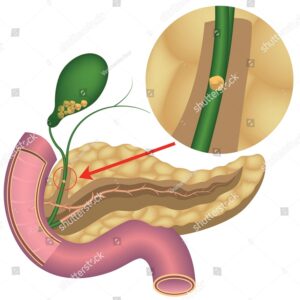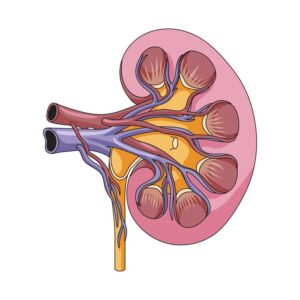Biliary tract disorders refer to conditions affecting the bile ducts, gallbladder, and associated structures involved in the production, storage, and transport of bile. These disorders can disrupt the normal flow of bile, leading to symptoms such as abdominal pain, jaundice, digestive problems, and potentially severe complications. At SRM Global Hospitals, We treat Biliary tract disorders that may result from various factors, including gallstones, inflammation, infection, tumors, or structural abnormalities.






If you experience symptoms suggestive of biliary tract disorders or have risk factors predisposing you to these conditions, it’s important to seek medical evaluation promptly. Here are the specialists you may need to consult:


MBBS, MS, MCH(Surgical Gastro), PDF (Liver Transplant & HPB Surgery), FACS, FICRS
Senior Consultant




WhatsApp us